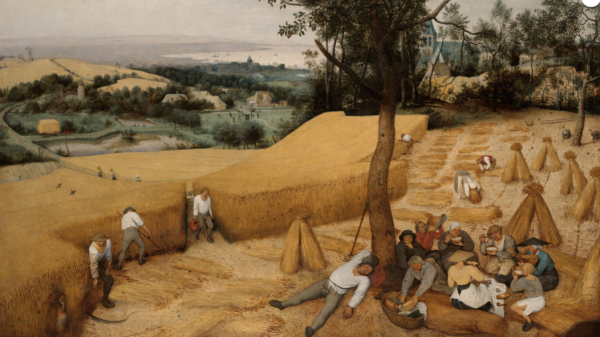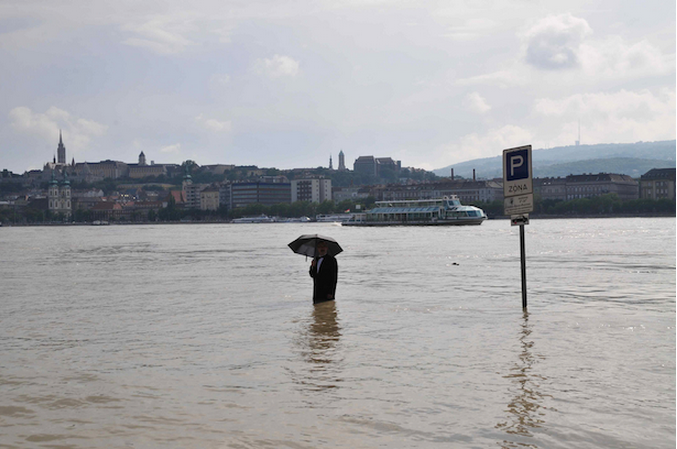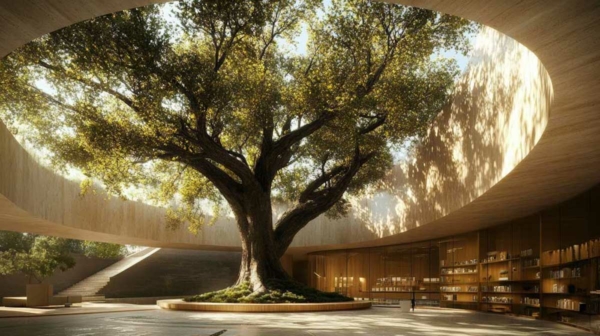
The Return to Nature and Culture – Tim Ingold – Le Collegium Helveticum
Le Collegium Helveticum accueille Tim Ingold pour une conférence exceptionnelle proposant de repenser la place de l’humain face aux crises…

Crédit image : József R. Juhász, Human Flood Level Indicator, 2013. Performance. Photo: Endre Koronczi
The River Symposium on Art, Ecopower and the Liberation of Energy
Speakers: Axel Braun, Peter Coates, Ian Fairlie, Jozsef R. Juhász, Cecylia Malik, Ilona Németh, James Prosek, Martin Schmid and Nick Thorpe
« The River Symposium on Art, Ecopower and the Liberation of Energy » considers the political, social and ecological proportions of the river and examines it as a site of power. While appreciating the natural strength, kinetic energy and resilience of rivers, the discussion will also take into account political struggles over their use, as well as schemes to control and harness their flows. The presentations will reconstruct the environmental history of rivers and the role of human agency in shaping them, with the social, political and artistic histories of the River Danube forming a particular focus of the symposium. Along with examining critical approaches to energy policy and the eco-power associated with rivers, the symposium will also introduce innovative attempts from outside the technocratic mainstream to visualise and bring about the liberation of energy. The River Symposium provides a setting for artists, environmental historians, scientists and activists to bridge their fields and investigate the inter-streaming of ecology, energy and power. The symposium will also take a boat trip on the Danube for more fluid discussions.
Peter Coates is a leading environmental historian from Bristol University and author of A Story of Six Rivers: History, Culture and Ecology (2013); James Prosek is an artist, writer, naturalist and Yale graduate whose work focuses on biodiversity and experiencing the natural world, while Cecylia Malik is an artist and activist whose work revolves around environmental and sociopolitical issues in her home town of Krakow. Ian Fairlie is an independent consultant on radioactivity and former government advisor on nuclear power from London, while Axel Braun is a Düsseldorf-based artist whose work has looked at how humans are altering landscapes through large-scale technological interventions. Martin Schmid is associate professor for environmental history at the Institute of Social Ecology in Vienna specialising on the River Danube and Nick Thorpe is a Budapest-based BBC correspondent for Central Europe and the author of The Danube – A Journey Upriver from the Black Sea to the Black Forest (2013). Ilona Németh is a Bratislava-based artist whose practice focuses on public art and socially engaged issues, while Jozsef R. Juhász is a performance artist and poet living in Budapest, and both were involved in artistic actions over the Gabčíkovo Dam on the Danube.
The symposium is curated by Maja and Reuben Fowkes, and forms part of Translocal Institute‘s River School. Over the course of two years, the project involves a series of study days, symposia, exhibitions and excursions that engage with the Danube as a transforming natural environment, a route of transnational migrations, a focus for ecological concern and a magnet for diverse artistic and cultural reflections. The River Symposium on Art, Ecopower and the Liberation of Energy is realised in cooperation with the Department of Environmental Science and Policy and the Centre for Art and Culture at Central European University Budapest, and in the framework of the Green Art Lab Alliance (GALA), with the support of the Culture Programme of the European Union.
Click here for more details.
The River Symposium on Art, Ecopower and the Liberation of Energy
October 3–4, 2014
Central European University
Nádor utca 9
Budapest 1051
Hungary
Translocal Institute for Contemporary Art
Dembinszky utca 10
Budapest 1071
Le Collegium Helveticum accueille Tim Ingold pour une conférence exceptionnelle proposant de repenser la place de l’humain face aux crises…
Face à l’urgence climatique, les musées sont de plus en plus nombreux à vouloir agir — sans toujours savoir par…
Le Musée de la Chasse et de la Nature accueillera la 8ᵉ édition du festival littéraire Lire la Nature. Porté…

